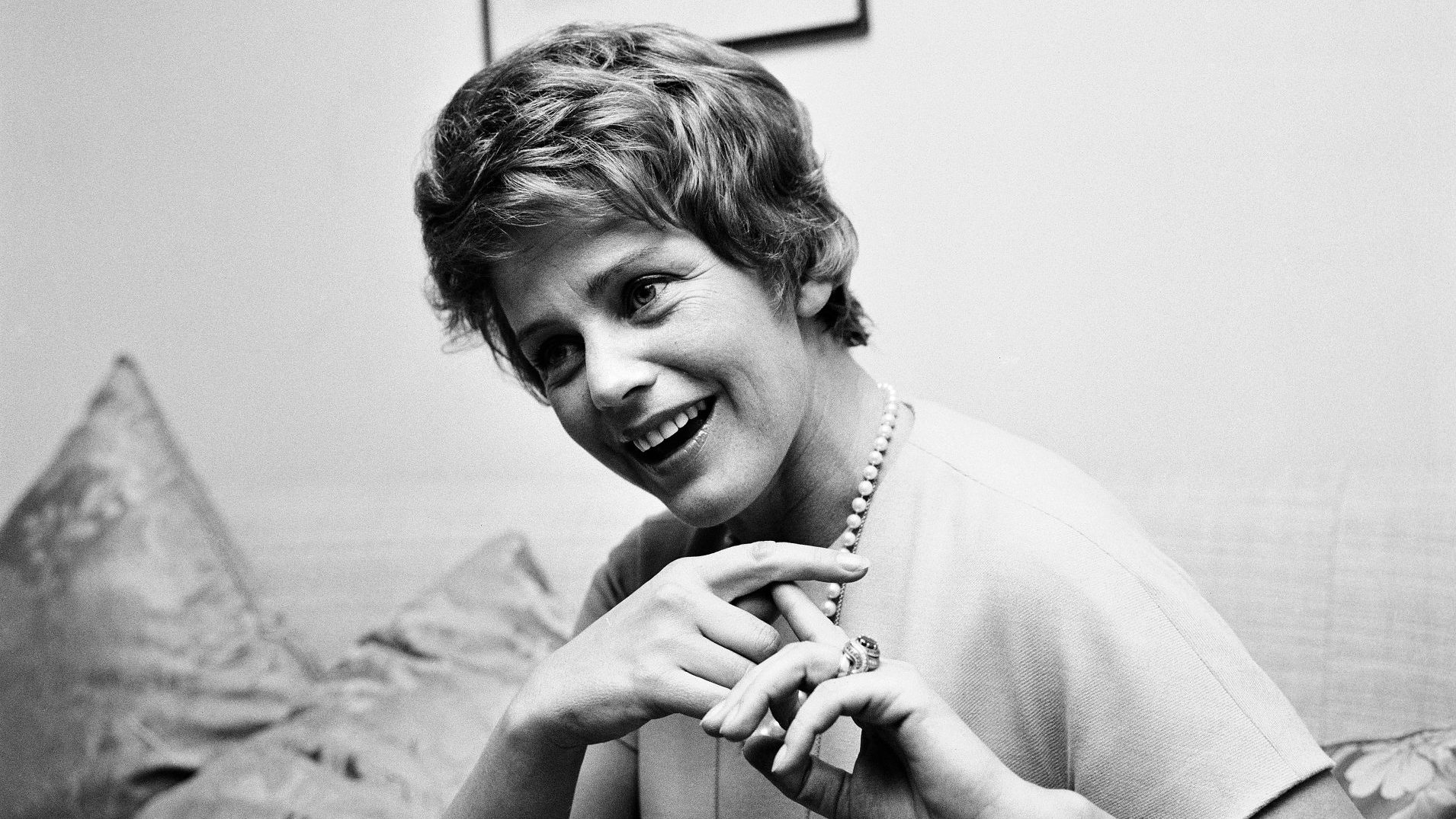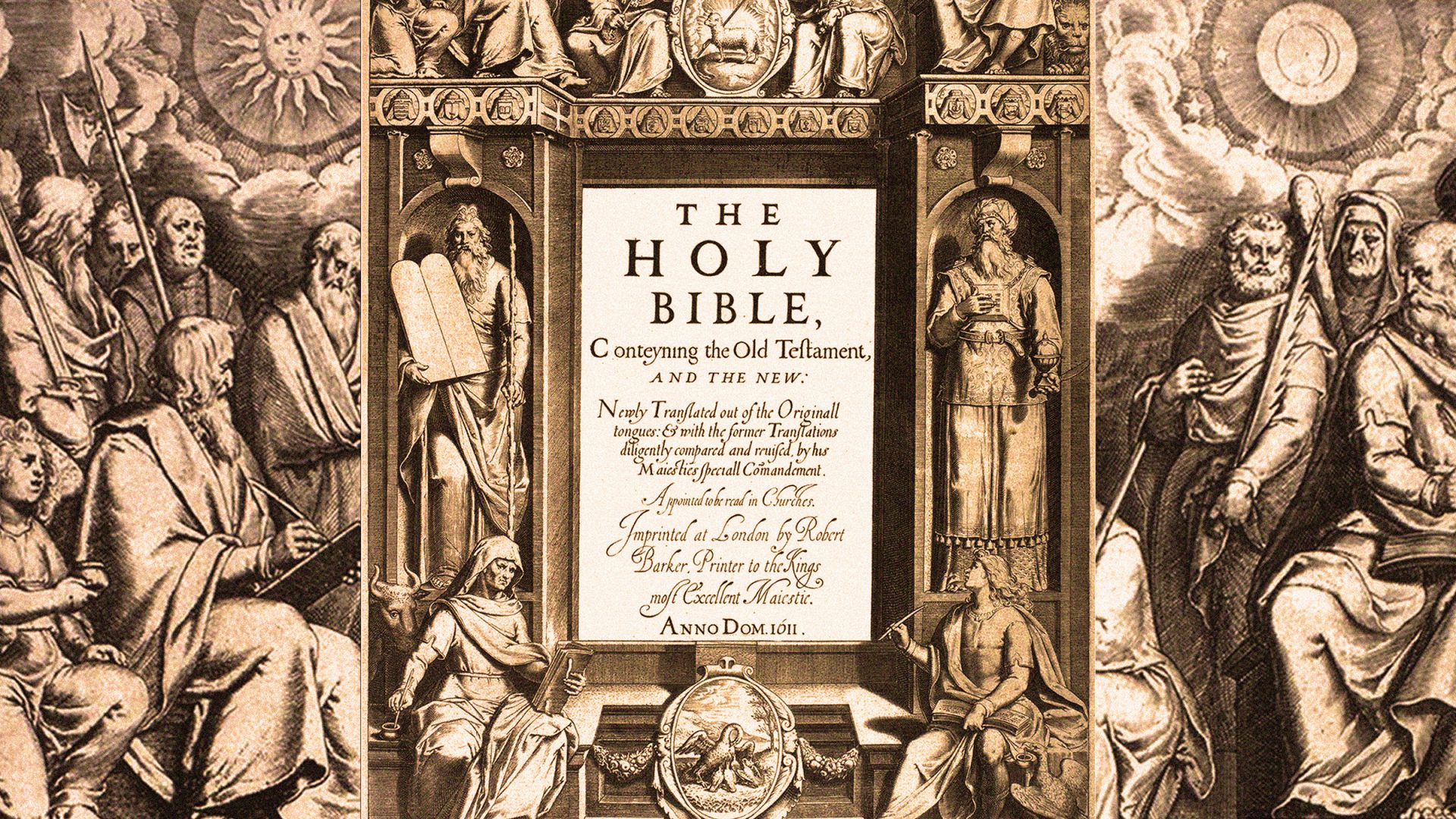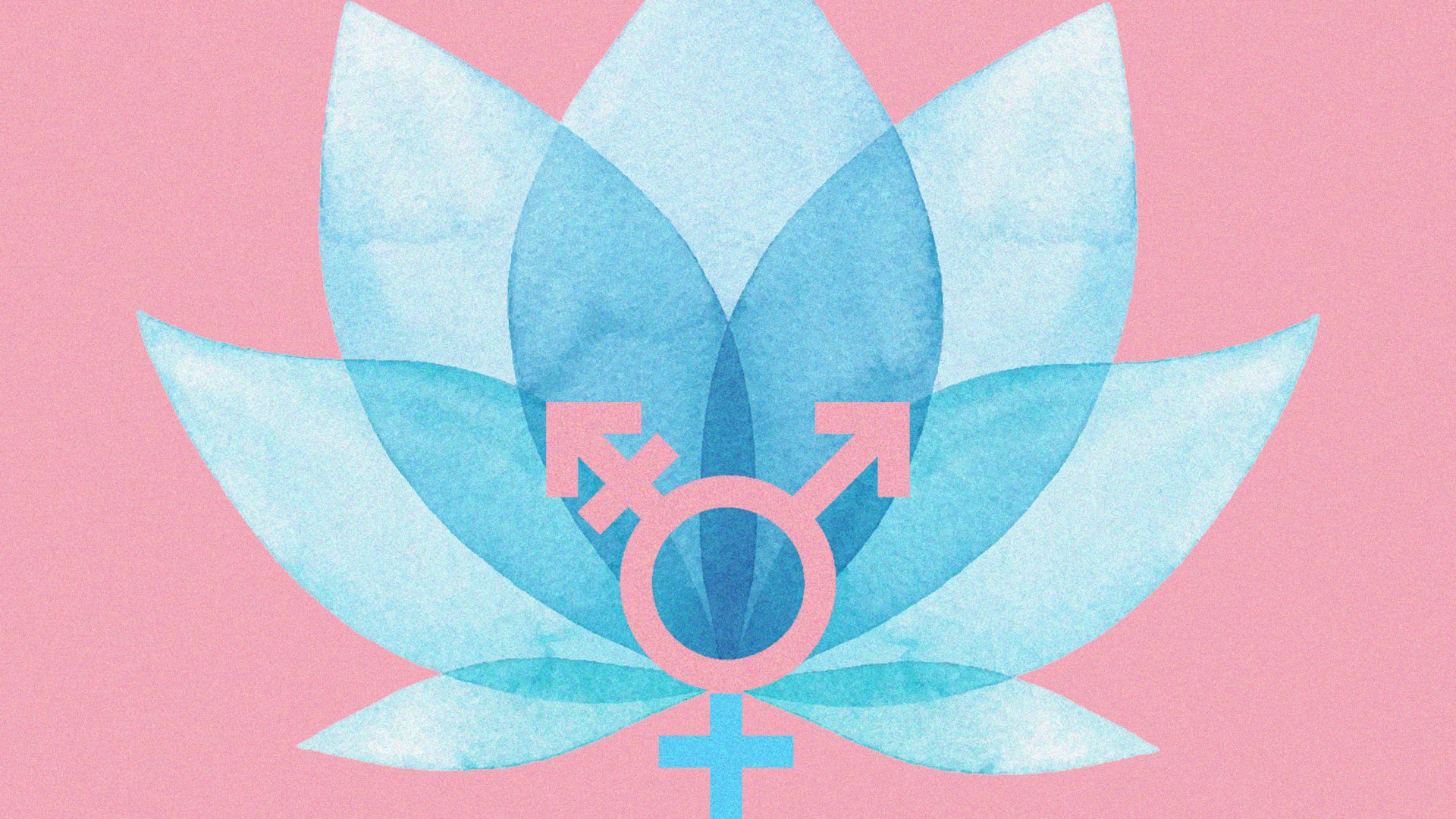The glow of the multiple television screens cast light in the darkened room. And briefly, as she watched herself, it lit up Maria Schell, too.
Towards the end of her career, Schell – once rated among the greatest actors of her generation – had played David Bowie’s mother in the forgettable Just a Gigolo (1978). Now she seemed to be playing his character from a much better film he had made two years before, The Man Who Fell To Earth. Recalling Bowie’s grounded alien, Schell was spending the final years of her life in isolation, watching multiple televisions at once as her mental state deteriorated.
In Schell’s case, playing on the small screens were the films she made in her youth; in the days when she was mentioned in the same breath as Garbo and Bergman, in the times when she could beat Marilyn Monroe to a role. In My Sister Maria, a documentary made by her actor brother Maximilian just a year before her death, she says of her viewing habits: “It all comes back, and I’m inside the scene. I was happy then.”
But was Maria Schell ever truly happy in the years when Hollywood treated her like a grounded alien? Summoned there in 1957 on the strength of her superb performance in René Clément’s melancholic drama Gervaise, it must have felt initially like the stuff of fairytales. MGM, looking for the next big thing from Europe, signed her to a seven-year deal and put her up in the Beverly Hills Hotel, just the sort of place where in the lobby you might run into the hottest star of the day. Which is precisely what happened.
In a 1970s interview, she remembered: “Yul Brynner, who had just received the best actor Oscar for The King and I, came [up to me] and said ‘You are my Grushenka!’ which was the leading female role in The Brothers Karamazov. So Yul immediately went to the producers and said ‘I found her! I found her!’” It was a role coveted by Monroe, then cinema’s hottest property.
This might have been the start of Maria Schell’s rise to superstardom, but instead it was the start of a road that led her back to a room on the family estate where her films played. Because though MGM publicists and gossip columnists were eager to sell her as a cinema’s new “blonde bomb Schell”, here was a serious artist who made the fatal mistake of failing to live up to something she had never been in the first place.
Schell’s best quality was her natural vulnerability, her hugely expressive eyes able to give the audience what a co-star called a “smile under tears”. But for MGM, the rest of Schell was the problem.
“When I put some sugar in my coffee, it was reported to my boss,” she remembered. “Being skinny and beautiful is a dogma for them. When they saw me in person, they said, ‘she is very cute, she can act, but she is too fat’. So I was put on a diet and I wasn’t allowed to have sugar any more.”
When the film was ready for release, Schell was the subject of a profile in Time magazine that verged on character assassination. “Maria’s earthy body makes a startling contrast to her heavenly face,” the then highly influential weekly reported. “She has inherited the chunky frame of a Swiss farm girl, with heavy hips and strapping thighs.”
Even Richard Brooks, who directed her in Karamazov, said: “She isn’t the sort of girl who gives you sweaty palms.”
Elsewhere in the feature, Schell was condemned for being an “unashamed tightwad”, “a monster” and “a witch” who “dressed like a middle-aged Central European frump.” A “well-known French actor” claimed: “I have never in my life hated a woman so much,” while a “German director” said he could not think of Schell without wanting to slap her face.
Perhaps not surprisingly, American audiences did not flock to support Maria Schell in The Brothers Karamazov. Nor were they wowed by The Hanging Tree (1959), where she played opposite Gary Cooper, or when she was teamed with Glenn Ford, with whom she had an affair, in Cimarron (1960). Of her Karamazov co-stars, Brynner corralled The Magnificent Seven, Richard Basehart voyaged to the bottom of the sea and William Shatner boldly went where no man had gone before. Maria Schell, meanwhile, returned quietly to Europe.
Born in pre-Anschluss Vienna, Schell had moved with her family to Zurich in 1938, where the theatrical world opened up to her courtesy of the Swiss actor-director Sigfrit Steiner. She also trained under Heinrich Gretler, a performer who’d successfully transitioned from stage to screen.
Her breakthrough came in The Angel with the Trumpet (1948), a picture about the experiences of Austrian Jews from the end of the 1800s to the end of the second world war. Maria – who was actually Catholic – made such an impression that, when the picture was remade for the English-speaking world in 1950, she reprised the role, taking her first steps towards international stardom in the process.
Sharing a facility for languages with her brother, Maria enjoyed two distinct cultural lives. In the German-speaking world, she was the “little soul with teary eyes” who lent gravity, humanity and emotion to Rudolf Jugert’s Es kommt ein Tag (1950) and Horst Hächler’s Liebe (1956). Elsewhere, she played myriad roles in French, English and even Italian.
Highlights of her English-speaking career included The Magic Box (1951) where she played the wife of trailblazing British film-maker William Friese-Greene, The Heart of the Matter (1953) for which she received her first Bafta nomination, and The Mark (1961), a criminally underrated film in which Maria is quite extraordinary as a single-mother who embarks on a relationship with a convicted paedophile.
As her French-speaking pictures – principally Gervaise, for which she received a second Bafta nod – broadened her range, so they also presented fresh opportunities, culminating in her signing with MGM. Later, she would keep America at arm’s length, with occasional guest spots on shows like Kojak and “classy” TV sagas such as 1983’s Inside The Third Reich, with Derek Jacobi as Hitler. She played Jon Voight’s mum in The Odessa File and a Kryptonian scientist in the first Superman.
By 1991, and the end of her role as a matriarch in the soapy German TV series The Happy Family, her career was over and only the comforting glow of multiple televisions awaited. Asked by her brother to describe the appeal of watching her past, endlessly repeating, she replied: “It’s more interesting than reality, don’t you think?”
The reality she was forced into, perhaps. But not the one that should have been the destiny of Maria Schell.



